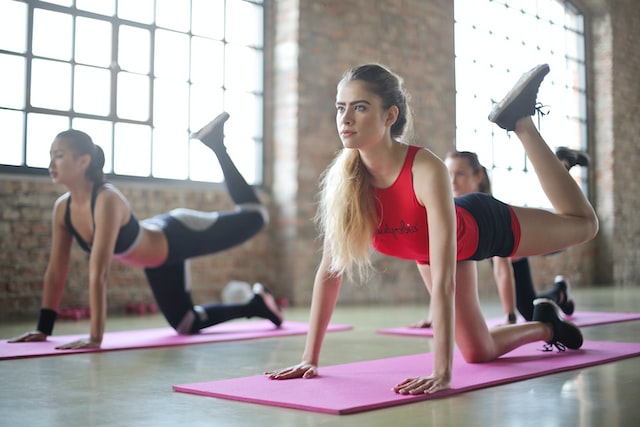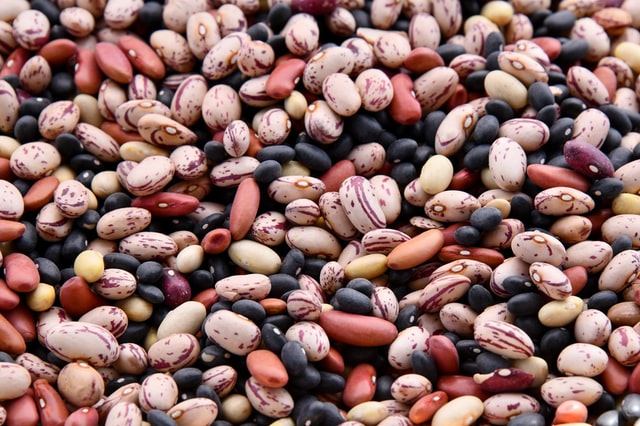There are plenty of different kinds of classes you can find at your local gym. Between yoga, zumba, aerobics and more, you are bound to find one you like. Recently, Pilates has become a popular exercise methodology for folks working out both at the gym and at home. If you have hesitations about taking a pilates class, read on for some benefits that could give you some motivation.
Tension Release
Facing back pain day in and day out can become distracting and uncomfortable. There are many reasons why people may experience this excruciating pain, but by taking part in a pilates class, you may find relief. Pilates builds and works on your core strength which has many positives as it serves as your body’s stabilizer. With a stronger core you will develop better posture which helps against the stress cumulative towards your lower back. It will also help you move your body more freely.
Low Impact Exercise
Taking part in a low impact exercise means that it is great for everyone. Low impact exercise is defined by how easy it is on muscles and joints. With a workout like this you will not be running or jumping, but still working on your muscles and strengthening them, while working up a sweat. So, you can do a pilates workout at home, or in an apartment without having to worry about bothering others.
Decreases Stress
Working out in general is a great way to release some stress you may be feeling. Pilates takes it a step further by making sure you are in tune with your breathing. Regulating your breathing is essential for mindful exercise for methods such as yoga, barre and pilates. It centers your body and mind and brings you to the present while working out the stress you may be feeling. Take notice of your mood before and after you finish because pilates can also help improve your overall mood.
Pilates is becoming a trend that a lot of people are starting to take part in. Whether you want to take an in-person pilates class or follow a routine online there is minimal equipment needed so you will be able to get started right away. Overall your body will thank you in ways you may not even realize.
Dr. Barbara R. Edwards, Princeton Internist, practices at Penn Medicine Princeton Health in the Penn Medicine Princeton Medical Center. She is also the Academic Director for the Ambulatory Residency Program at Penn Medicine Princeton Health.






